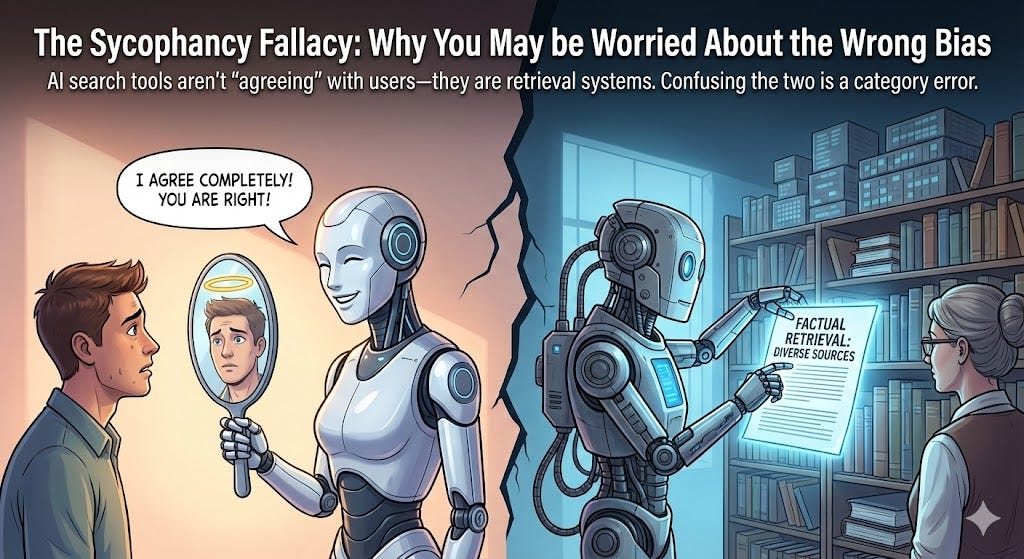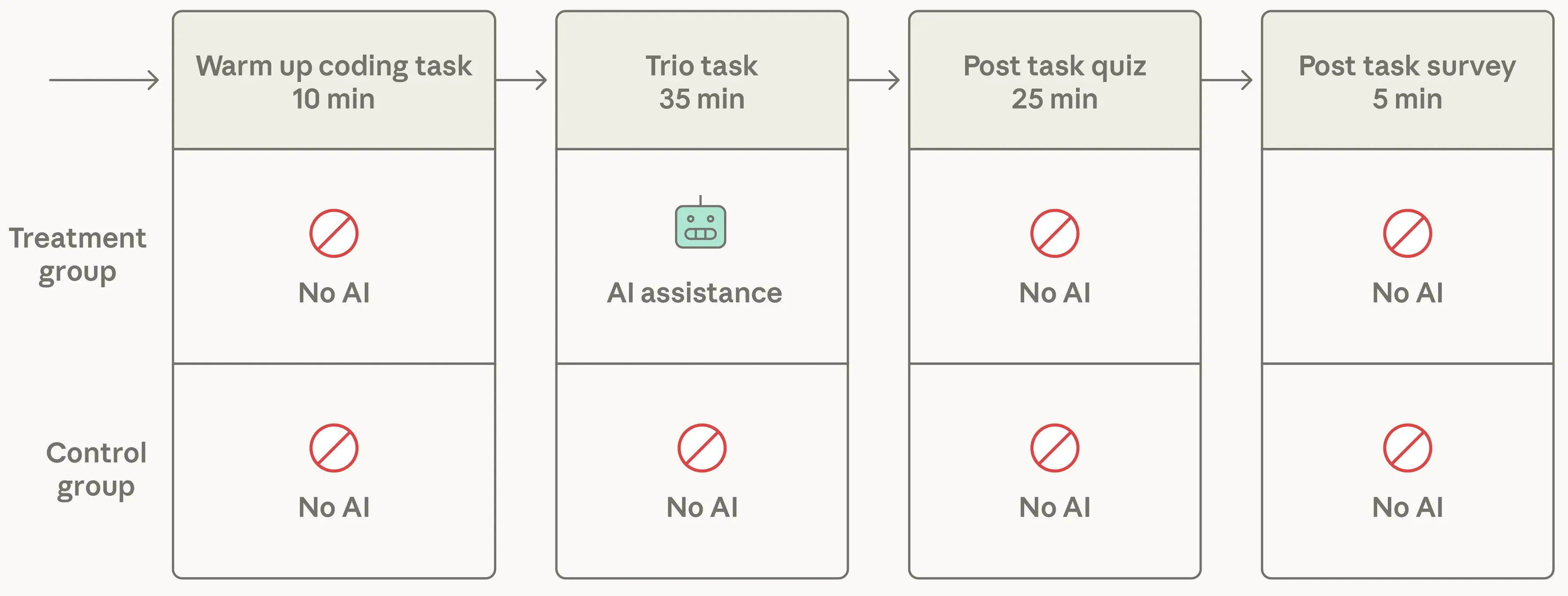
AI search tools aren't "agreeing" with users—they are retrieval systems. Confusing the two is a category error that obscures the real risks.

AI search tools aren't "agreeing" with users—they are retrieval systems. Confusing the two is a category error that obscures the real risks.
A preprint reporting results from an experiment conducted by Anthropic on the impact of AI assistance on coding skills is making the rounds. The Anthropic website writes: “participants in the AI group finished about two minutes faster, although the difference was not statistically significant.

Research from scientists at Anthropic suggests productivity gains come at the cost of skill development.

The work of Reda Sadki offers a provocative, often counter-intuitive critique of how we learn, lead, and solve complex problems. Here are five surprising insights from his body of work.

Reda Sadki’s writing explores how systems of learning matter when tackling complex challenges across global health, humanitarian aid, and education. Over twelve years of articles on his blog, he has built a cohesive argument for why our current systems of learning are broken and how we might fix them.

The Public Knowledge Project is pleased to announce the appointment of Teresa Lee as its new Managing Director, effective February 2nd, 2026. Teresa will guide PKP into its next chapter while continuing the solid foundation established by the community, partners, and team members who make PKP’s work possible.

Looking back at 2025, OpenCitations experienced a year defined by both visible engagement and foundational work where, while the technical aspects and collaborative workflows were strengthened behind the scenes, many accomplishments were shared openly with (and for the benefit of) the community.
por Lucía Cortez Que el Estado, en todas sus dimensiones, sea uno de los temas más visitados por los estudios del campo de las humanidades y las ciencias sociales posiblemente no sea una novedad.

The fourth episode in the third series of Blue Lights begins in the home of Police Constables Grace Ellis (Siân Brooke) and Stevie Neill (Martin McCann). They are colleagues at the fictional Blackthorn station in Belfast and, surely to the relief of anyone witnessing their tentative courtship over series one and two, are now finally […]

There are a million stories in the Second City. This is just one Happy New Year! I hope that you’ve all had wonderful holidays spent with those dearest to you, doing things that you enjoy. And now it’s time to start imparting/absorbing (delete as applicable) wisdom, knowledge and experience about television again as you all head back to your campuseses campi places where all those university buildings are grouped together.